The Petroleum Price Stabilization Fund was established to help stabilize petroleum prices, thereby helping to control inflation, stabilize the macro- economy , maintain stable growth and social security.
However, the role of this fund is currently quite vague. The management of the fund's allocation and use in recent years has not brought about the desired results, creating loopholes for bad actors to take advantage.
In 2024, the authorities adjusted gasoline prices 53 times, of which 14 times the fund was set aside for diesel at 300 VND/kg, and other types stopped setting aside and using the Gasoline Price Stabilization Fund.
In 2023, there will be about 15 adjustments to the fund allocation level for petroleum products from VND 100 to VND 650/liter, kg and nine times of use at the level of VND 14 to VND 950/liter, kg. There are currently five types of petroleum products on the market. gasoline Different types of fuels such as Ron 95 gasoline, E5 Ron 92 gasoline, diesel oil, kerosene and fuel oil, but the allocation and use of funds for each specific item does not follow specific rules.
In principle, money is poured into a common fund to be used for each item, but in reality, this spending is not clear and lacks transparency. For example, if the management agency allocates more and spends less on oil products, while allocating less and spending more on gasoline, it will cause inequality. On the other hand, this also creates loopholes for gasoline businesses to cheat and profit. Notice No. 15, dated January 4, 2024, of the Government Inspectorate also pointed out the shortcomings and limitations in the operation and management of gasoline.
Specifically, from 2017 to 2021, the Ministry of Industry and Trade - Ministry of Finance decided on the level of deduction and expenditure for the use of the Petroleum Price Stabilization Fund without legal basis, in which, the price stabilization expenditure when the price had not increased was more than VND 1,142 billion and the price stabilization expenditure was higher than the price increase by more than VND 318 billion. In the management period from January 1, 2017 to before 3:00 p.m. on April 23, 2018, unclear price management documents were issued, leading to 19/27 petroleum traders setting aside the wrong type of Ron 95 gasoline for the price stabilization fund with an amount of about VND 1,013 billion and spending more than VND 679 billion on the fund.
In addition, according to Price Law No. 11/2012/QH13, the agency managing the Petroleum Price Stabilization Fund also shirked responsibility, lacked coordination regulations and rules, leading to 7/15 petroleum traders using the price stabilization fund for the wrong purpose, of which 3/7 petroleum traders were administratively sanctioned by competent state agencies three times or more; three petroleum traders set aside and spent the fund for petroleum in excess of the volume on the books...
It can be seen that the fund's operating principle is to set aside first and spend later. In essence, it takes consumers' money to offset future prices, so consumers do not benefit, and the fund's management does not meet stabilization requirements.
The representative of the Ministry of Industry and Trade said that although the fund allocation has shown many shortcomings in the past, it is still necessary to maintain this fund and will seek opinions to come up with a suitable mechanism, ensuring compliance with the Law on Prices and related regulations. However, from the perspective of petroleum enterprises, the Petroleum Price Stabilization Fund is not effective in preventing price risks in petroleum business activities.
Therefore, businesses proposed to abolish the Petroleum Price Stabilization Fund because it is no longer suitable for the current seven-day price management mechanism, because domestic petroleum prices have closely followed world prices. In essence, the Petroleum Price Stabilization Fund is an extra-budgetary fund, drawn from people's money, so the fund does not help consumers reduce costs, so petroleum products need to operate according to market mechanisms, avoiding creating loopholes for bad actors to take advantage of to make illegal profits, causing chaos as in the recent past.
Source


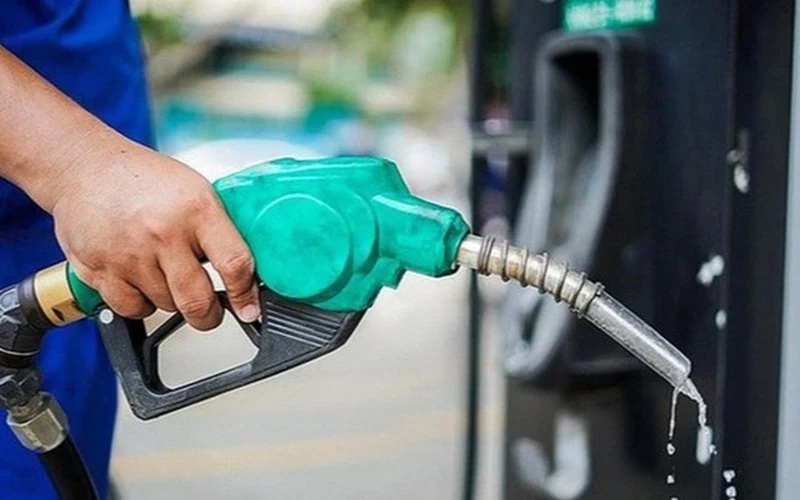
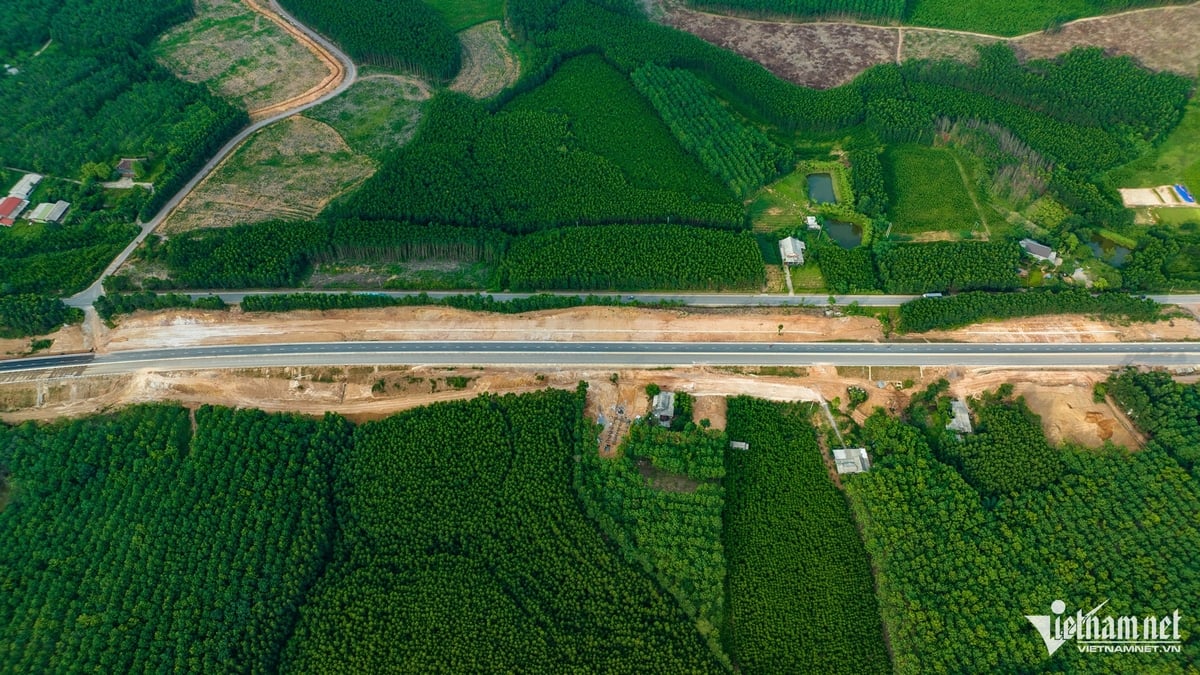







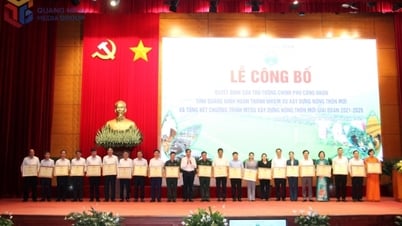



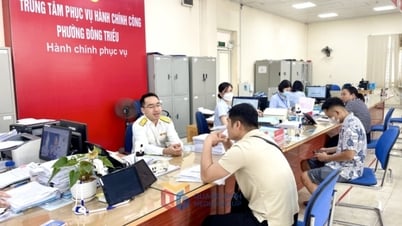











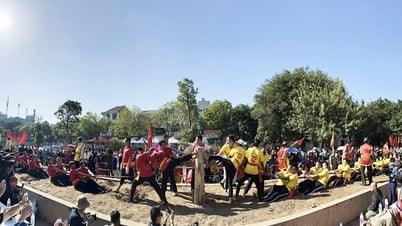

















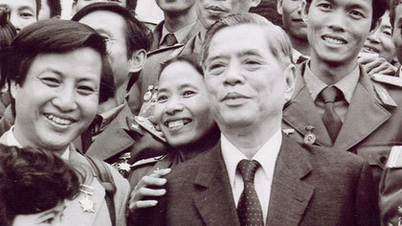




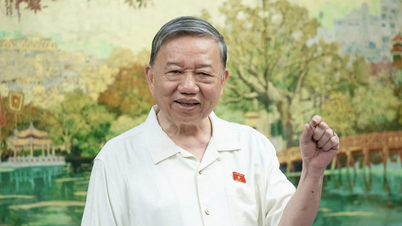


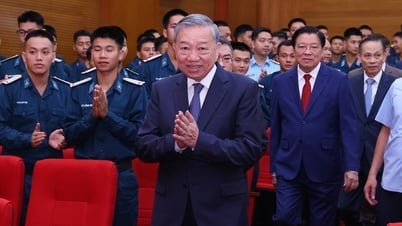






![[Infographic] Circular guiding the functions, tasks and powers of the provincial Department of Culture, Sports and Tourism and the commune-level Department of Culture and Social Affairs](https://vphoto.vietnam.vn/thumb/402x226/vietnam/resource/IMAGE/2025/6/29/877f24989bb946358f33a80e4a4f4ef5)

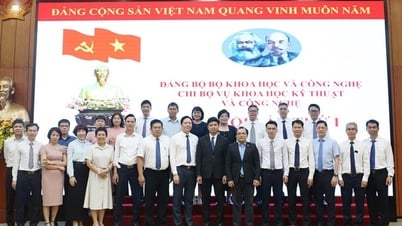
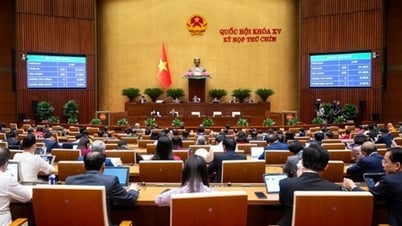
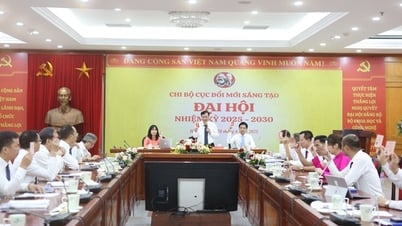
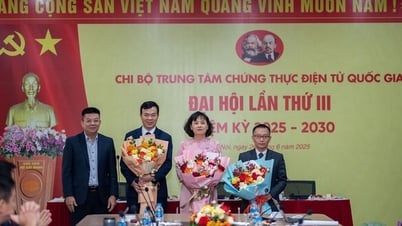
























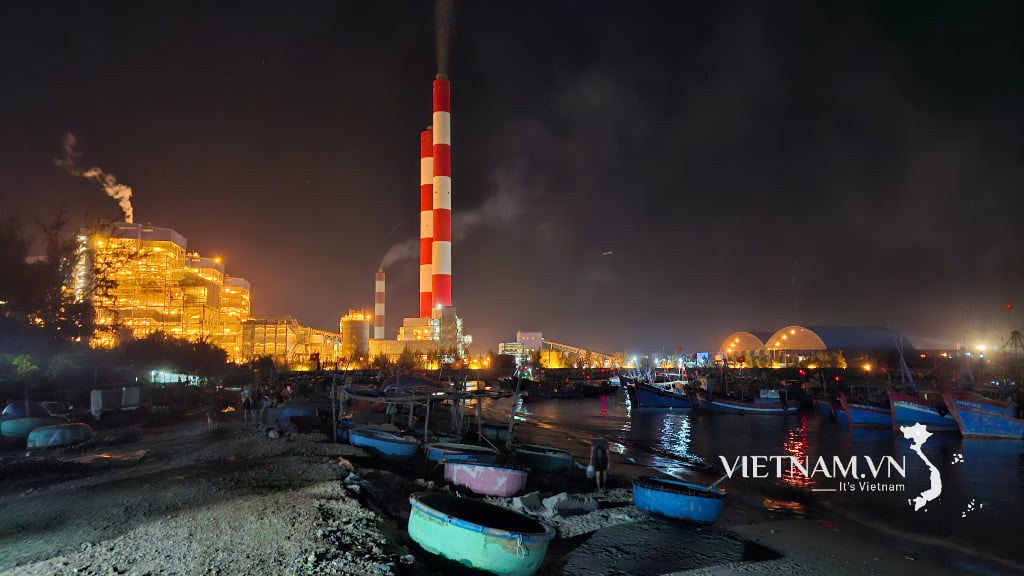
Comment (0)